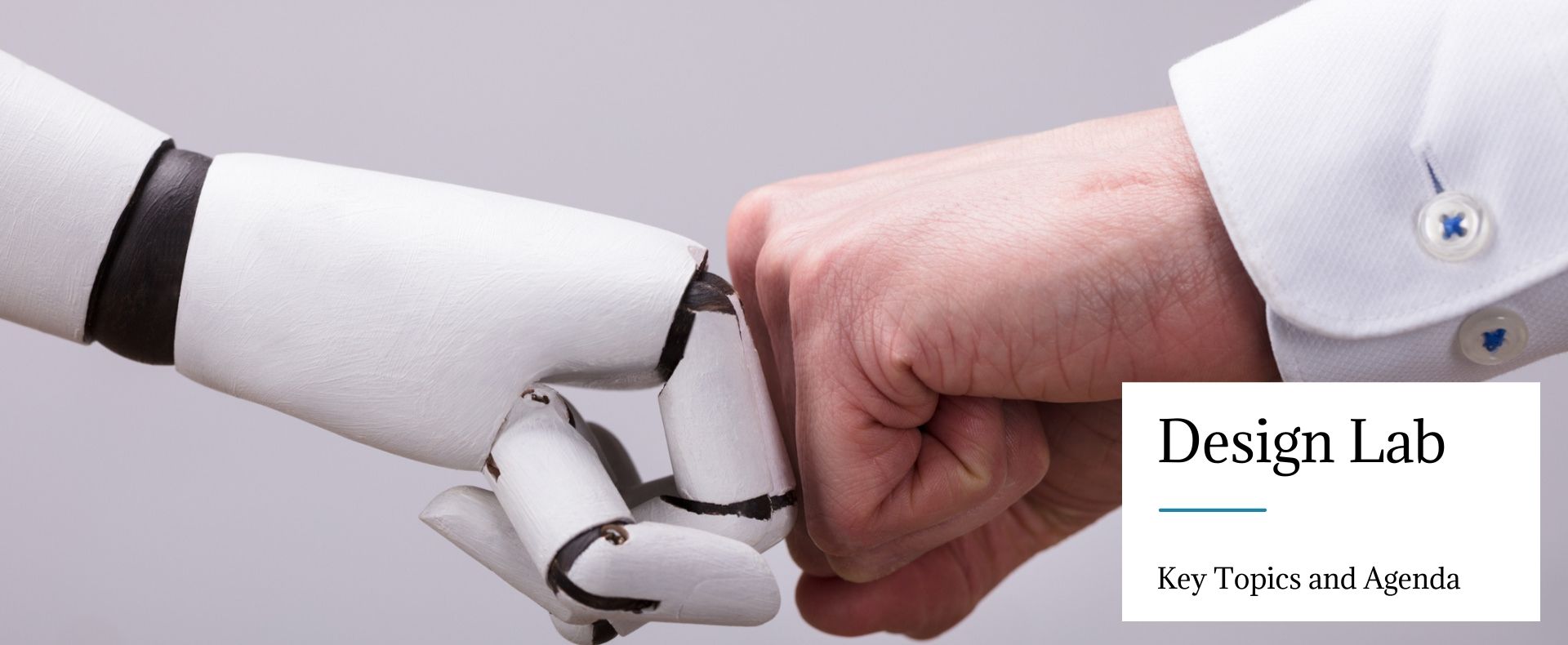
Leave your old traditional design thinking behind.
Across every industry, digital technologies are redefining the way companies compete, consumers engage and how organizations are designed. Organization design theory, models, frameworks, and methods are shifting from traditional hierarchies to networks of technology-enabled platforms, flexible team based operating models, new executive team and leadership capabilities, and high-performance work designs.
As our world is changing, many of our current notions about organization design are no longer adaptive or competitive. Rather than focusing on an organization chart or fixed work processes, we need to anticipate that technology will continue to disrupt our world requiring leaders to adapt more quickly. Modular platform socio-technical organization designs that fail fast, learn fast, reconfigure, and scale quickly are emerging as the new building blocks of future-focused organizations. This is a major shift in how people work, executives lead, and in the methods and tools used by organization designers.
Along with a shift in organization design is a shift in the role of the organization design practitioner. Less top down and more bottom-up, design driven more from customers and users. Finally, the practitioner’s design practice encompassing an expanded toolbox to include design thinking, agile methods, experience design, and transformational design.
We will be sharing our latest thinking about organization design in the digital age, which is based, in part, on our work with ten leading-edge companies that participated in our Socio-technical Action Research Lab (STARLab), review of the literature and case studies, and project work.
This three-and-a-half-day lab is specifically oriented for the practitioner who is responsible for designing organizations at the strategic and operating levels. The focus is to prepare you with digital social technical design knowledge, frameworks, methodology and tools. Your learning experience will feature content presentations, case studies, simulations (hands on experiential learning), small and large group discussions, and applications of methods and design tools.
In addition to workshop materials, you will receive a copy of Braided Organizations: Designing Human Centric Processes to Enhance Performance and Innovation by Bill Pasmore and others, which Bill will discuss in the lab.
Key Topics
Understanding the relationship between digital technology and organization design
- How digital technology directly and indirectly impacts organization design
- A digital technology topology will be presented to understand the landscape of digital technology impacting organizations today.
- Overview of research, trends, and case examples
Overview of organization design history, concepts, methodology
- Strategy-Structure Alignment – Top down, strategy-driven
- Socio-technical Systems – bottom-up, customer-driven
- Digital Organization Design
Digital Organization Design – Methodology
- The role of the organization design practitioner: skills and capabilities
- Detailed overview and practice of concepts, steps and tools
- Hands-on lab practicum/case Simulation implementation of digital socio-technical design
Three Levels of Design: Strategic, Platform/Ecosystem, and Operations
- Strategic Org Design: Design of the top three layers of the organization, specifically the structure, role and processes of the executive team
- Digital Platform Organization Design and Ecosystem Design
- Operating Model Design
Networks, Agile Teams, and Adaptive Work System
- Designing virtual networks utilizing digital platforms (braided organization design)
- Designing networks as production systems
- Adaptive work systems and agile teams
Design for innovation
- The organization design of an innovation capability
- The role of design thinking in organization design
- Start-ups, and ambidextrous design
Team Design and Work/Job Design
- Basic work system team design
- Social system design – values and culture
- Team design for DevOps and agile
- Designing joint optimization / augmentation - the the synergistic alignment between jobs/ teams and technology (robotics, AI, etc.)
Practitioner on-going learning
- Participants create a scaffold of networks, community of practice, and on-going learning opportunities
Agenda
Pre-event: Monday, September 27
from 6:00 pm
- Reception at Tides Hotel
Day 1 - Tuesday, September 28
7:oo-7:30 AM Breakfast
8:00 AM START
- Introduction
- Digital Technology and Organization Design
- Overview of Organization Design History, Concepts, and Methodologies
12:oo-12:45 PM LUNCH
PM
- Digital Organization Design Methodology
Day 2 - Wednesday, September 29
7:oo-7:30 AM Breakfast
8:00 AM START
- Three levels of Design
- Design for Innovation
12:oo-12:45 PM LUNCH
PM
- Digital Organization Design Methodology
- Networks, Agile Teams, and Adaptive Work Systems
- Job design/team design – the new work design
6:00PM - 7:00PM
pebble beach
- Wine and hors d'oeuvres event
Day 3 - Thursday, September 30
7:oo-7:30 AM Breakfast
8:00 AM START
- Org Design methodology
- Social system design – values and culture
- Job design/team design – the new work design
12:oo-12:45 PM LUNCH
PM
- Simulation
Day 4 - Friday, October 1
7:oo-7:30 AM Breakfast
8:00 AM START
- Simulation
- Organization Design Practitioner
- Building Professional Networks
- Closure
12:oo-12:45 PM LUNCH
1:00 PM
- End of session
